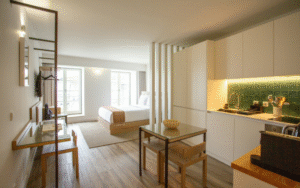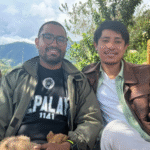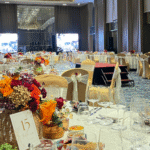Weaving Heritage into Modern Living: CaneTrend
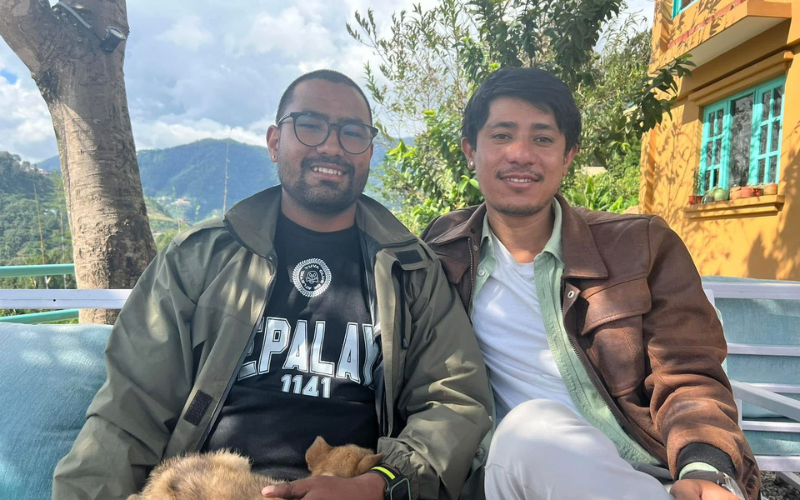
In a world increasingly drawn to sustainability and authenticity, Cane Trend stands as a beautiful intersection of tradition, creativity, and environmental consciousness.
Founded by Nabin Gurung and Nirajan Shrestha, this Lalitpur-based design studio was born from deep-rooted memories of rural Nepal — where craftsmanship was not a luxury but a way of life.

Growing up amidst the natural rhythm of the countryside, the founders watched their elders skillfully weave doko, ghum, dalo, jhak, and funglo from bamboo and cane — simple yet profound objects of art and necessity. To them, these were not just household tools but symbols of self-reliance, harmony, and quiet beauty.
Inspired by this heritage, the duo set out to preserve and reimagine Nepal’s traditional craft through a modern, sustainable lens — giving rise to Cane Trend.
Handcrafted Elegance from Nature
Cane Trend’s collection celebrates handcrafted elegance — from home décor and baskets to plant stands, furniture, lighting, and custom botanical designs.
Each piece is made using rattan cane, prized for its flexibility and strength, along with locally sourced bamboo, moonj, and other plant fibers. The natural textures and tones lend each creation warmth and individuality — no two pieces are ever the same.
Every weave, curve, and knot reflects the human touch — the soul of craftsmanship that machines can never replicate.

A Story in Every Weave
What makes Cane Trend truly distinct is its cultural authenticity and ethical foundation. Each product carries the legacy of indigenous craftsmanship while supporting fair wages and recognition for artisans.
By collaborating closely with local communities, the studio ensures that its designs preserve not only the skill but also the dignity of traditional craft. The result: a thoughtful alternative to mass-produced, synthetic goods that dominate today’s markets.
Eco-Friendly at Heart
Sustainability isn’t just a guiding principle — it’s the studio’s DNA.
Materials are ethically and sustainably sourced, with rattan procured from responsible suppliers practicing community forestry. Locally available bamboo and moonj are prioritized to support regional economies and reduce carbon emissions.
The studio uses 100% natural materials, minimal plastic packaging, and promotes reforestation and regenerative practices. Its model also empowers rural and indigenous artisans, offering them fair income opportunities and long-term livelihoods.
“Our goal is to help people embrace handmade natural products as part of a sustainable lifestyle — to live more mindfully and consume more consciously.”
Tradition Meets Modern Design
Cane Trend bridges the gap between age-old craftsmanship and modern design sensibilities. The team blends indigenous weaving techniques with contemporary forms, color palettes, and functionality.
Through collaborations with architects, designers, and stylists, they continue to evolve — creating woven lamps, statement chairs, and botanical planters that bring a sense of organic sophistication into modern homes.
Each creation represents the perfect harmony of heritage and modernity, reminding us that sustainability can indeed be stylish.

Innovation and the Future
Looking ahead, Cane Trend continues to push boundaries with hybrid botanical designs — merging natural fibers with living plants to craft nature-inspired lighting, green planters, and sculptural installations.
The founders also plan to host educational workshops on weaving and sustainable craft, offering hands-on experiences that connect people directly to the artistry behind handmade design.
Their growing audience includes eco-conscious individuals, interior designers, and lifestyle enthusiasts seeking unique pieces that add warmth, texture, and authenticity to their spaces.
Challenges and Vision
Like many craft-based ventures, the path hasn’t been easy. Challenges range from sourcing high-quality rattan to reviving fading weaving skills and educating consumers about the time, effort, and artistry that handmade production demands.
Yet, Nabin and Nirajan remain steadfast in their mission — to preserve the value of craftsmanship and promote sustainable living through design.
In the next five years, they envision expanding their artisan network across Nepal, building an international footprint, and collaborating globally with like-minded creators to champion natural, handmade alternatives to industrial goods.
Instagram: @canetrend
Location: Arun Thapa Chowk, Lalitpur
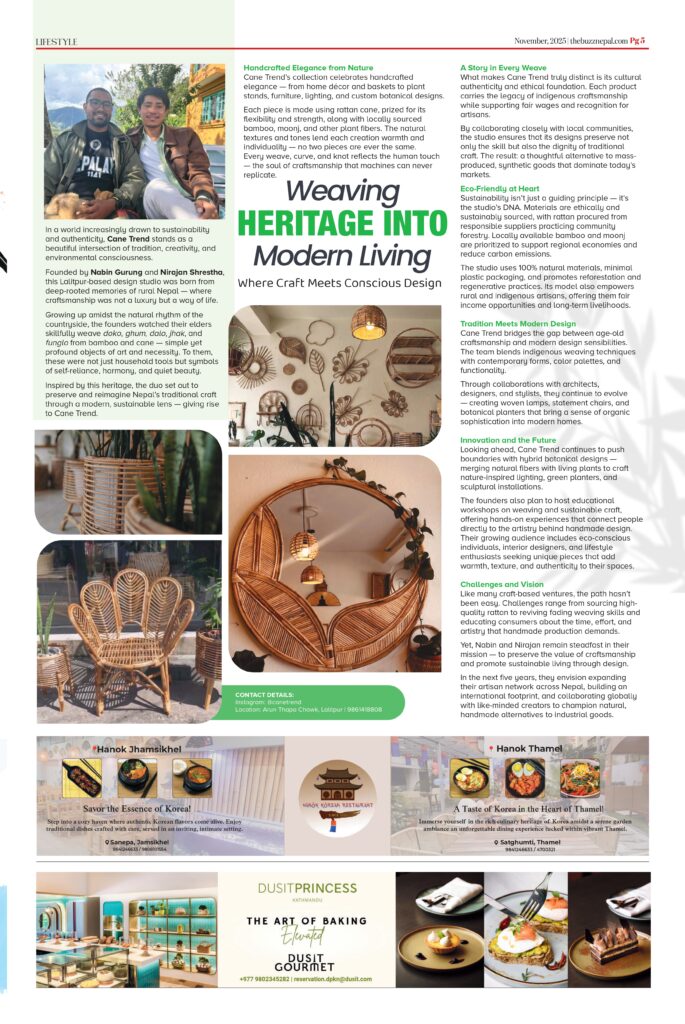
Also Read
Aloft Kathmandu Thamel Hosts the US–Nepal Gastronomy Exchange 2025
Dancing Between Worlds: Khushi Karki – Nepal’s Rising Dance Sensation
Expert Tip: Living by the Sun Can Reset Your Energy
GTA VI: The Wait Just Got Longer, But the Hype is Real
Meet the Woman Behind Shangrila Pet Co. -Nepal’s Ethical Pet Revolution




